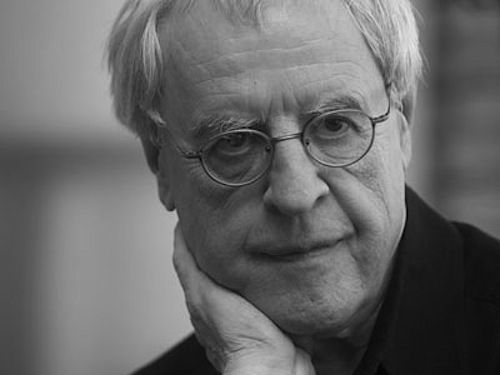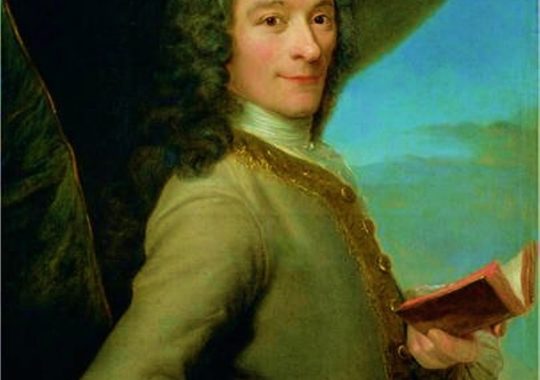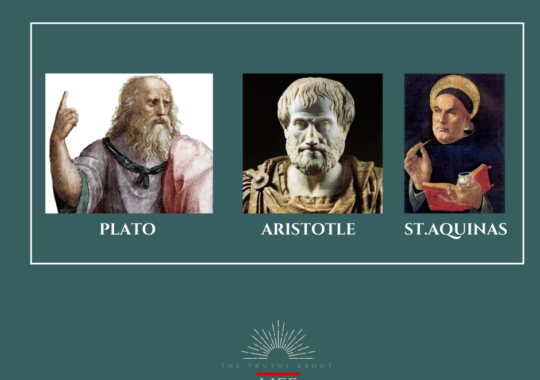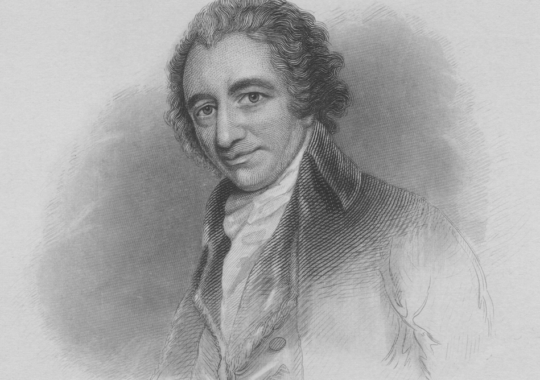Charles or Dušan?
Charles Simič, was born in ex-Yugoslavia in 1938, more precisely in the capital of Serbia, Belgrade. The article by Poetry foundation describes him as the wisest and the best poets of his generation and his poems are labeled as very emotional and unique (Charles Simic, 2010).
Simic, who is also translator, editor, essayist, and professor at the University of New Hampshire, has won a Pulitzer Prize for Poetry in 1990 for his book The World Doesn’t End. In addition to eminent Pulitzer Prize he received also numerous other important awards for his work (Nikolic, 2017).
“Inside my empty bottle I was constructing a lighthouse while all the others were making ships”. – Charles Simič
Simic was only a young boy when witnesses the horrific actions of the World War II. The bombing and the dead bodies lying on the streets that he played as a kid. But at the same time, he and his childhood friends found the war as quite liberating as their parents were too busy worrying about the war, so kids were able to be unattended for most of the times and doing whatever they felt doing (Ford, 2005).
I believe that Simic was far the most influenced by the war conditions that he was living in for such long period of time and at the same time in such important period of his growing up time. The experiences that he had behind him influenced him in a way to cast back his subconscious with surreal, metaphysical and even realistic poems about losing hope and violence (Charles Simic, 2010).
“Poetry is an orphan of silence. The words never quite equal the experience behind them.” – Charles Simič
I don’t think that not so many people who are reading and learning about Charles Simic and his spectacular works in poetry know that his birth name is Dušan and that he changed his name soon after he arrived in America in order to blend in better in his new environment (Charles Simic Biography, 2017).
Metaphysical challenge of Charles Simic
Metaphysic, which is a branch of Philosophy, explores the reality in a sense of a connection between the mind and a matter (McCormick, n.d.). I personally love the idea of metaphysic when it is explaining that if we don’t see something, it doesn’t mean that it doesn’t really exists somewhere else. I think that this is the important concept to understand even when dealing with ordinary, day to day things. There is always a possibility that something has happened, which we didn’t see or feel and therefore, we should be always doubting what we think is true.
In relation of Metaphysic to Simic, many of his famous poems are trying to explore and present the lines between mind and matter. This becomes very intense in his poems where tries to draw a perception of non-living objects who run their own lives, which reflect to be a parody of the horror genre in a way (Simic, 2010).
According to the journal article Metaphysical Suspicions: Charles Simic as Agnostic Theologian, by Donovan McAbee, Simic’s poems in ‘80s and ‘90s tried to present his metaphysic view more clearly with picturing the differences and unities in paradoxical way (McAbee, 2012).
When Simic is giving a paradoxical meaning to the object who seem to have its own path and life, even when we see it as non-living object, this brings us to his exploration of his supersensible knowledge that leads his poems.
“The world is beautiful but not sayable. That’s why we need art.” – Charles Simič
One of the great examples of Simic’s metaphysical views, is his poem from 1997 Charon’s Cosmology (Simic, 1999). This work is one of the good presentations where mythological and historical perspective of the imaginary world intertwines with each other. The poem is presenting a fiction person who is not afraid of souls from dead bodies, but dead bodies itself. I believe that also this poem is a strong play of Simic’s subconscious, which is reacting to the scenes that Simic witnessed as young boy in war.
Another great example is poem Empire of Dreams where there is a strong interconnection between a dark world and mysteriousness (Simic, 1999). The poem starts with dreams about maybe unattainable fairytales, which turns into the dull and maybe even repulsive reality. When Simic talks about that the character is standing where it shouldn’t stand, it adds a pinch of mysteriousness to it.
Final words
Simic’s views as we probably all experienced in the past some horrible things. Everyone is expressing his views differently. Everyone’s subconscious is expressed various ways and some of the people can understand it and analys it, others simply can’t or won’t.
“The highest levels of consciousness are wordless.” – Charles Simič
Simic is expressing his views through poetry and he is very good with it, at least according to numerous elite awards that he received for his work. I believe that critics find his work excellent due to his originality and unique style, which can be easily absorbed and understood.
One of the interesting facts about Simic is that in one interview he told the reporter that one day he believes in God and the next day he doesn’t. Further in that interview he explained that it merly depends on the day you ask him, either he’ll be a believer and which kind of believer (McAbee, 2012).
The greater power, God, the Divine, no matter how we call it, I think that we all believe in the exsistance of something religious. At the end, I don’t think it really matters how we label the religion, as long as it brings some benefits to us and our behavior.
References
Charles Simic. (2010). Retrieved from https://www.poetryfoundation.org/poets/charles-simic
Nikolic, H. (2017, September 06). People in US are no longer optimists. Retrieved from https://www.sbs.com.au/yourlanguage/serbian/en/audiotrack/people-us-are-no-longer-optimists
Ford, M. (2005). Charles Simic, The Art of Poetry No. 90. Retrieved from https://www.theparisreview.org/interviews/5507/charles-simic-the-art-of-poetry-no-90-charles-simic
Charles Simic Biography. (2017, October 13). Retrieved from https://www.thefamouspeople.com/profiles/charles-simic-5955.php
McCormick, M. (n.d.). Immanuel Kant: Metaphysics. Retrieved from https://www.iep.utm.edu/kantmeta/
McAbee, D. (2012). Metaphysical Suspicions: Charles Simic as Agnostic Theologian [Abstract]. Christianity and Literature, 61(2), 281-306. Retrieved from https://www.jstor.org/stable/44314937?read-now=1&seq=4#page_scan_tab_contents
Simic, C. (1999). Charon’s Cosmology. Retrieved from https://www.poetryfoundation.org/poems/42949/charons-cosmology
Simic, C. (1999). Charon’s Cosmology. Retrieved from https://www.poetryfoundation.org/poems/42956/empire-of-dreams




